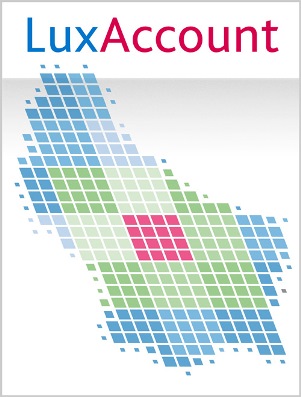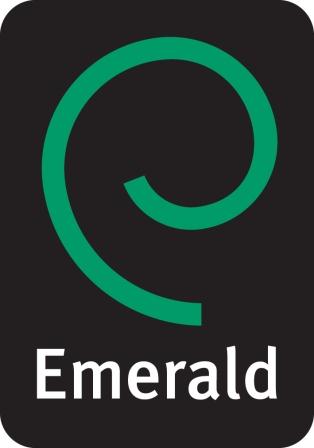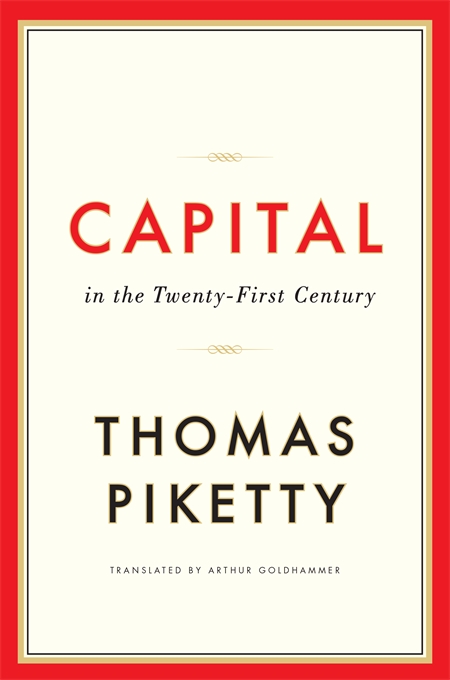Dr. Anne-Laure Mention, head of the Innovation Economics & Service Valuation unit, at the CRP Henri Tudor, is co-editor of the Journal of Innovation Management.
The Journal of Innovation Management adopts a multidisciplinary perspective on innovation. In doing this, it fills an existing gap by hosting visionary and eloquent research streams enabling the understanding of innovation, appreciating differentiation and striving for academic excellence and insights for practice. The Journal aims at paving new ways of fostering innovation and at bridging the gaps between the different communities involved in the definition of innovation policies, in the analysis of the innovation process and its multiple outcomes, and in its implementation in both public and private entities. It brings the reality of innovation at hand by fostering a philosophy of true innovation management by encapsulating insights, valuable experiences and theoretical streams. With this initiative, the Founding Editors aim at creating a new “Blue Ocean” and at reconfiguring the publishing “arena” by combining the best of both worlds while adopting simultaneously a visionary approach on innovation management and the current shift occurring in the business model of publishing practices.
Furthermore, the Journal of Innovation Management aims at hosting the debate for innovation, whatever form and facet it takes, and its management. Particular attention is paid to the multidisciplinary nature of the innovation, thus embracing both its technological features and its managerial process. Issues of the journal will typically contain academic papers, letters from industry thought leaders, academics, and policy makers, book reviews and commentaries. Four issues per year will be released, and some special issues are also foreseen, so as to concentrate on dedicated themes, which will be addressed from multiple angles. The ultimate aims are to foster cross fertilization across disciplines, to bridge gaps between academia, practice and policy making, to raise awareness on innovation and entrepreneurship, its challenges and its impact as well as to shape new reflections and thoughts on innovation, and its management. A broad scope of readership in innovation and entrepreneurship is expected. With its full open access policy, the Journal of Innovation Management is a platform for exchanging ideas in both horizontal and vertical dimensions of innovation management. The idea is to publish topical research works, practitioners’ insights and case studies on innovation with true multidisciplinary flavor.
The 3rd issue is forthcoming and should be available during the Summer.
To read issue 1 and 2, please visit www.open-jim.org
 Le prix Nobel de littérature pour l’année 2014 est attribué à l’écrivain français Patrick Modiano « pour cet art de la mémoire avec lequel il a fait surgir les destins les plus insaisissables et découvrir le monde vécu sous l’Occupation ».
Le prix Nobel de littérature pour l’année 2014 est attribué à l’écrivain français Patrick Modiano « pour cet art de la mémoire avec lequel il a fait surgir les destins les plus insaisissables et découvrir le monde vécu sous l’Occupation ».






